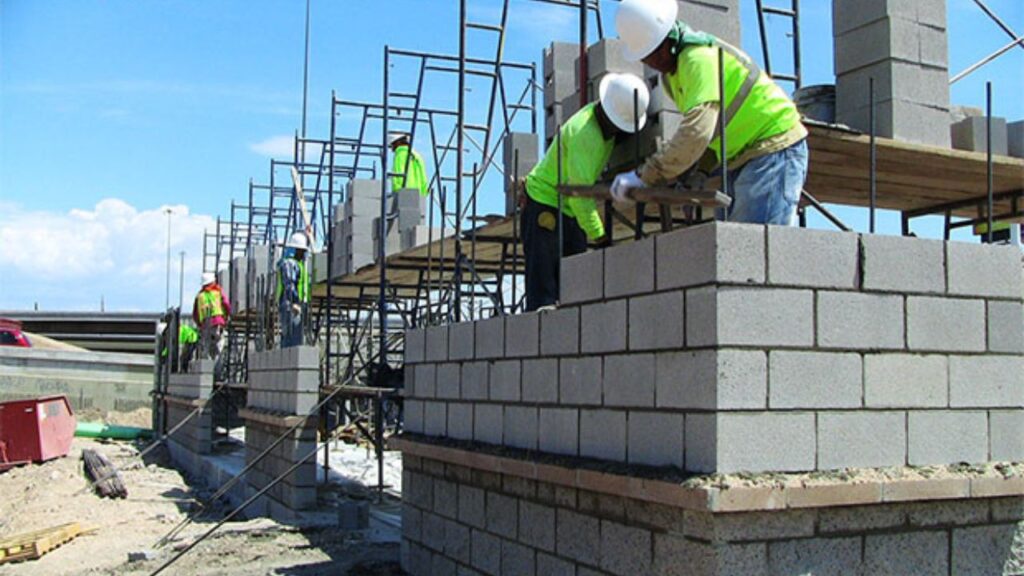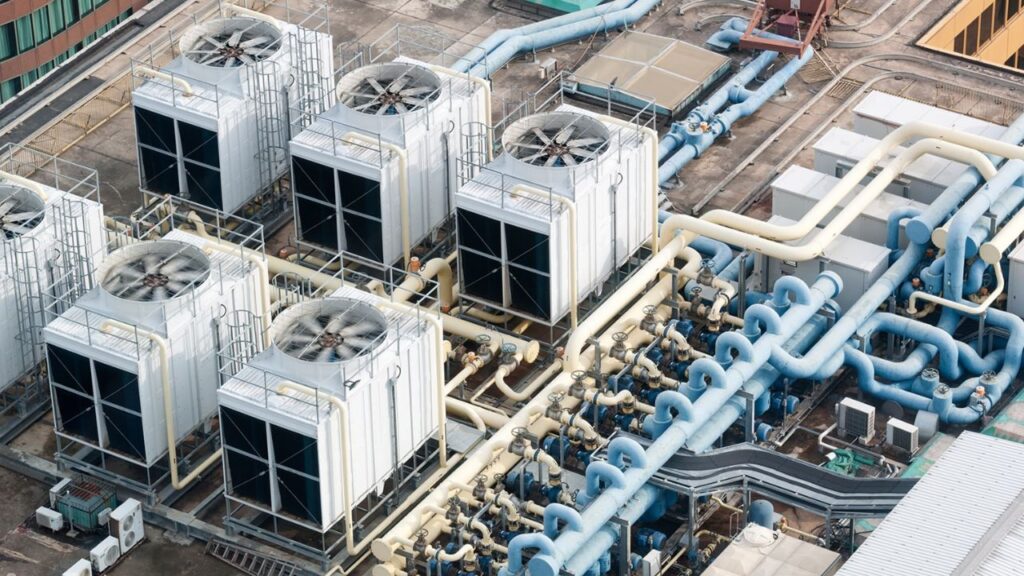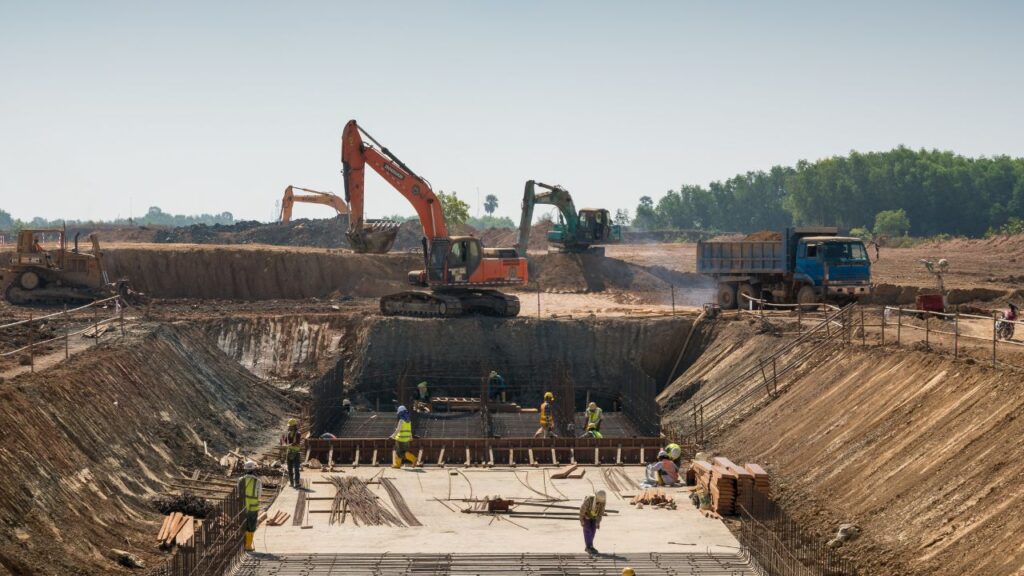Accurate cost estimation is critical to a project’s success. Subcontractors play a vital role in completing specific tasks, such as electrical work, plumbing, drywall installation, and more. Estimating subcontractor costs accurately ensures that your project stays within budget and on schedule. This comprehensive guide will explore subcontractor cost estimation services, their importance, and how Estimate Florida Consulting can help streamline your project cost management.

Why Subcontractor Cost Estimates Matter?
Accurate subcontractor cost estimates are a cornerstone of successful project management in construction. These estimates play a vital role in ensuring projects are completed on time, within budget, and with minimal disputes. Here’s why they are so important:
Budget Management
Precise cost estimates allow contractors to forecast expenses with accuracy, ensuring that projects stay within financial limits. With detailed estimates, unexpected costs are minimized, giving project managers better control over budgets. This is particularly critical for large-scale projects, where even small miscalculations can lead to significant budget overruns.
Transparent Bidding
Comprehensive cost estimates enable contractors to assess bids from multiple subcontractors objectively. By comparing detailed breakdowns, contractors can identify the most cost-effective and reliable options. This transparency ensures that decisions are based on value rather than guesswork, ultimately maximizing profitability while maintaining quality.
Time Efficiency
Detailed cost estimates are essential for aligning financial resources with project timelines. By understanding the scope of work and associated costs, project managers can plan schedules more effectively. This ensures that the right subcontractors are available at the right time, preventing delays and streamlining the construction process.
Avoiding Disputes
Clear and thorough cost estimates reduce the likelihood of misunderstandings between contractors and subcontractors. When expectations are clearly defined from the start, potential conflicts over scope or payment can be avoided. This fosters better communication, smoother collaboration, and stronger working relationships, which are critical for successful project execution.
Subcontractor Cost Estimate Components
Labor Costs
Labor costs are typically the largest portion of a subcontractor’s estimate. These costs cover wages, benefits, and overtime pay for both skilled and unskilled workers. For example, electrical subcontractors charge between $72 and $120 per hour, with rates varying based on expertise, the complexity of the work, and regional labor market conditions. Highly specialized tasks or unionized labor can further increase these costs. Effective scheduling and resource allocation are essential to keeping labor expenses within budget.
Material Costs
Material costs include the price of raw materials, transportation fees, and waste disposal. These costs vary significantly depending on the type and scale of the project. For instance, plumbing materials for a residential home can range from $2,400 to $12,000, depending on factors like the number of fixtures, pipe quality, and the complexity of the plumbing layout. Additionally, market fluctuations in material prices or sourcing delays can impact the overall estimate.
Equipment Costs
Specialized equipment, such as cranes, lifts, or excavation machinery, is often required for certain projects. Subcontractors account for rental fees, fuel, and maintenance when estimating equipment costs. Depending on the project’s scope, these expenses can range from $600 to $6,000 per project. Equipment-intensive jobs, such as steel erection or heavy concrete work, tend to incur higher costs, making efficient usage planning critical to controlling expenses.
Overhead and Profit Margins
Subcontractors must also include overhead expenses and profit margins in their estimates. Overhead costs encompass insurance, licensing, administrative expenses, and other indirect costs required to run the business. These typically account for 12% to 24% of the total estimate. Profit margins, which vary by industry and project type, usually range from 6% to 18%. Balancing competitive pricing with sufficient profit is essential for subcontractors to maintain their business and ensure project sustainability.

Types of Subcontractor Services and Their Costs
Electrical Subcontractor Costs
Electrical subcontractors are responsible for installing and maintaining the wiring, electrical panels, outlets, and lighting systems in a building. Their work ensures that your home or commercial property is safe and functional. Costs for electrical work typically range from $12,000 to $48,000 for residential projects, depending on the home’s size, the complexity of the system, and whether advanced features like smart home automation are included. Larger properties or those requiring extensive rewiring may incur higher costs.
Plumbing Subcontractor Costs
Plumbing subcontractors handle all aspects of water supply, drainage, and fixture installation. This includes piping, faucets, sinks, and toilets. Costs generally range from $9,600 to $36,000, with factors like the number of bathrooms, kitchens, and the quality of fixtures playing a significant role. High-end fixtures or custom installations, such as freestanding tubs or smart shower systems, can increase the overall expense.
HVAC Subcontractor Costs
HVAC subcontractors manage heating, ventilation, and air conditioning systems, ensuring indoor comfort and energy efficiency. Residential HVAC installation costs range from $18,000 to $42,000, depending on the system’s size, complexity, and energy efficiency rating. Homes with multiple zones or requiring advanced systems, such as geothermal heating, will see higher costs. Regular maintenance plans, often offered by subcontractors, can also add to long-term expenses but ensure system longevity.
Framing Subcontractor Costs
Framing is the structural backbone of any construction project, providing the skeleton that supports the building. Framing subcontractors handle tasks like constructing walls, floors, and roofs. Costs typically range from $12,000 to $60,000, influenced by the building’s size, design complexity, and the type of materials used (e.g., wood versus steel framing). Custom designs, open floor plans, or larger properties generally increase costs due to additional labor and materials.
Concrete Subcontractor Costs
Concrete subcontractors are essential for creating foundations, driveways, walkways, and other structural elements. These professionals ensure stability and durability in construction. Costs typically range from $6,000 to $24,000, depending on the scope of the project, the thickness of the concrete, and whether decorative finishes like stamped or colored concrete are included. Larger foundations or multi-level structures can significantly increase expenses.
Roofing Subcontractor Costs
Roofing subcontractors install and repair roofs, using materials like shingles, tiles, or metal to protect buildings from the elements. Residential roofing costs range from $9,600 to $30,000, depending on the roof’s size, slope, and material. High-end materials such as slate or clay tiles, or additional features like skylights, can increase costs significantly. Proper installation by experienced subcontractors ensures longevity and resistance to weather damage.
Drywall and Painting Subcontractor Costs
Drywall and painting subcontractors are crucial for giving buildings a finished look. They handle drywall installation, taping, sanding, and painting to create smooth and polished walls. Costs for drywall and painting combined range from $6,000 to $18,000, depending on the size of the area, the type of paint or finishes used, and whether custom textures or designs are requested. Larger spaces or premium paint options can raise the total cost.
Win More Projects With Us
Subcontractor Cost by Project Size
Project Size | Estimated Subcontractor Cost |
Small Residential | $50,000 – $150,000 |
Medium Residential | $150,000 – $300,000 |
Large Residential | $300,000 – $600,000 |
Commercial Projects | $500,000+ |
How to Accurately Estimate Subcontractor Costs?
Accurate subcontractor cost estimation is a critical part of project planning, ensuring budgets remain on track and resources are allocated efficiently. By taking a systematic approach to evaluating site conditions, engaging subcontractors, and leveraging technology, contractors can avoid unexpected expenses and deliver projects successfully.
Site Assessment
A thorough site assessment is the first step in accurately estimating subcontractor costs. This involves inspecting the project site to identify specific requirements, such as site conditions, access limitations, or unique environmental factors that may impact the scope of work. For example, uneven terrain might require additional grading, or restricted access may increase labor hours. Conducting a detailed assessment ensures subcontractors can provide precise bids, reducing the likelihood of cost overruns later in the project.
Subcontractor Bidding Process
Inviting multiple subcontractors to participate in a competitive bidding process allows contractors to evaluate both pricing and service quality. By obtaining several bids, you can compare not only costs but also the qualifications, experience, and reliability of each subcontractor. This process helps in negotiating favorable terms and ensures that you select the best fit for your project’s specific needs. For high-demand trades, such as plumbing or electrical work, reaching out to reputable subcontractors early in the planning phase is crucial to secure availability.
Using Technology for Cost Estimation
Modern cost estimation software, such as Procore, Buildertrend, and CoConstruct, has revolutionized the estimation process. These tools streamline the calculation of material, labor, and overhead costs, improving both accuracy and efficiency. Many platforms also allow for real-time adjustments based on changing project parameters, enabling contractors to make informed decisions quickly. Additionally, these tools often integrate with project management software, providing a seamless workflow from estimation to execution, which minimizes errors and ensures alignment with the project budget.

How Estimate Florida Consulting Can Help?
At Estimate Florida Consulting, we excel in delivering precise and comprehensive subcontractor cost estimates tailored to the unique needs of your project. Our team of experienced estimators leverages advanced software and deep industry knowledge to provide clear, detailed, and accurate cost breakdowns. Whether you’re overseeing a small residential build or a large-scale commercial project, our services are designed to keep your budget in check and your timeline on track.
We understand that every project comes with its own challenges, from fluctuating material costs to labor availability. That’s why we take a personalized approach, analyzing every detail to ensure nothing is overlooked. By partnering with us, you gain access to reliable data and actionable insights, empowering you to make informed decisions and avoid costly overruns.
Reach out to Estimate Florida Consulting today to simplify your subcontractor cost estimation process and set your project up for success. Let us help you stay one step ahead with accuracy and expertise you can trust.
Conclusion
Subcontractor cost estimation is a crucial aspect of construction planning that directly impacts project efficiency and budget management. By understanding the components of subcontractor costs and leveraging professional services like Estimate Florida Consulting, contractors and developers can achieve accurate and transparent estimates, fostering better project outcomes. Whether you’re building a single-family home or managing a multi-story commercial project, our team is here to support your cost estimation needs every step of the way.
Download Template For Construction Project Breakdown
- Materials list updated to the zip code
- Fast delivery
- Data base of general contractors and sub-contractors
- Local estimators

Question Answer
Frequently Asked Question
A subcontractor cost estimate outlines the projected costs for specific tasks performed by subcontractors, such as electrical work, plumbing, drywall installation, and more. It includes details about labor, materials, equipment, and overhead, ensuring accurate budgeting and smooth project execution.
Subcontractor cost estimates are essential for:
- Budget Management: Preventing unexpected expenses and keeping projects financially on track.
- Transparent Bidding: Comparing detailed quotes to select reliable and cost-effective subcontractors.
- Time Efficiency: Ensuring resources and schedules align to prevent project delays.
- Conflict Avoidance: Defining expectations clearly to minimize disputes and foster collaboration.
Subcontractor estimates typically include:
- Labor Costs: Wages, benefits, and overtime for skilled and unskilled workers.
- Material Costs: Price of raw materials, transportation, and waste disposal.
- Equipment Costs: Rental fees, fuel, and maintenance for specialized machinery.
- Overhead and Profit Margins: Indirect business costs and subcontractor profit percentages.
Here’s an overview of typical subcontractor costs:
- Electrical: $12,000–$48,000 for residential projects.
- Plumbing: $9,600–$36,000 depending on fixtures and layout.
- HVAC: $18,000–$42,000 for installation.
- Framing: $12,000–$60,000 based on building size and design.
- Concrete: $6,000–$24,000 depending on scope and finishes.
- Roofing: $9,600–$30,000 for residential roofs.
- Drywall & Painting: $6,000–$18,000 for walls and finishes.
An HVAC system for a new home typically costs between $9,100 and $20,800, depending on the system size and brand.
Interior finishes, including cabinets, countertops, and flooring, can represent a significant portion of the budget. Costs for finishes can range from $65,000 to $260,000+.
Comprehensive Trade-Specific Estimates
At Estimate Florida Consulting, we offer detailed cost estimates across all major trades, ensuring no part of your project is overlooked. From the foundation to the finishing touches, our trade-specific estimates provide you with a complete and accurate breakdown of costs for any type of construction project.

Testimonials
What Our Clients Say
We take pride in delivering accurate, timely, and reliable estimates that help contractors and builders win more projects. Our clients consistently praise our attention to detail, fast turnaround times, and the positive impact our estimates have on their businesses.
Estimate Florida Consulting has helped us win more bids with their fast and accurate estimates. We trust them for every project!

Steps to Follow
Our Simple Process to Get Your Estimate
01
Upload Plans
Submit your project plans, blueprints, or relevant documents through our online form or via email.
02
Receive Quotation
We’ll review your project details and send you a quote based on your scope and requirements.
03
Confirmation
Confirm the details and finalize any adjustments to ensure the estimate meets your project needs.
04
Get Estimate
Receive your detailed, trade-specific estimate within 1-2 business days, ready for your project execution.
















